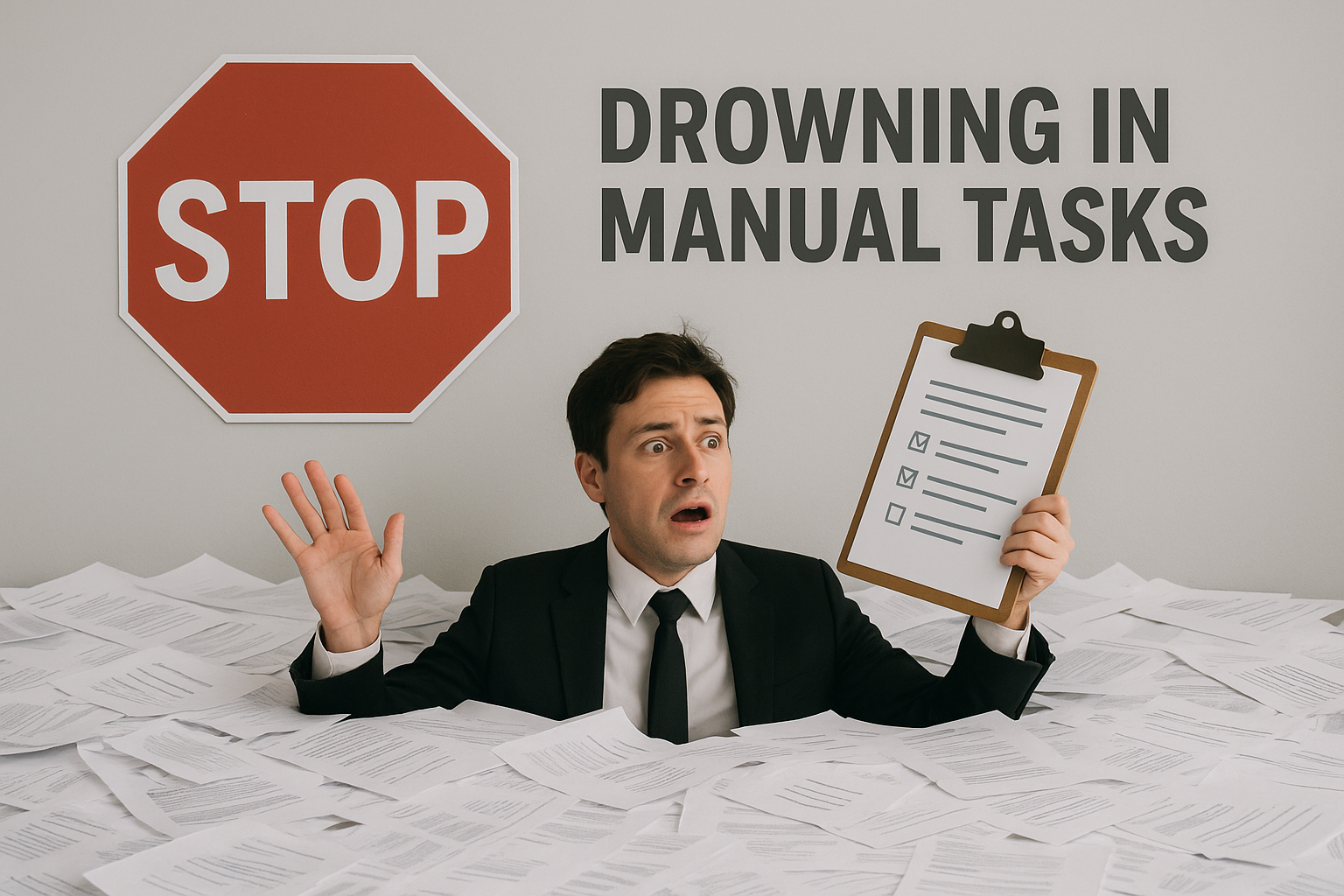Claiming tax losses: make sure you pass the test

This tax time, if your company wants to reduce the amount of tax payable, the easiest way is to use tax losses accumulated in previous years. However, beware that prior year losses can only be utilised if the company has either maintained the same majority ownership and control or can satisfy the same/similar business test. Companies that have reduced the scale of their business or have temporarily suspended or closed due to COVID-19 is not likely to be affected, however, there is an expectation of resumption of active operations within a reasonable time.
With tax time 2021 nearly over, many businesses will now finalising their tax returns. For many of these businesses, the 2020-21 income year may not have been a good year due to various lockdowns and COVID-19 restrictions. Businesses whose total deductions exceed their assessable income for the year will generally make a tax loss which can then be carried forward, back, or be utilised in future years, depending on your preference and eligibility criteria.
However, not all deductions that can be claimed would give rise to a tax loss. For example, gifts or contributions made to deductible gift recipients and charities, and payments of pensions, gratuities or retirement allowances to employees, former employees, or their dependents cannot be claimed if it would give rise to a tax loss. Businesses should also be aware to distinguish tax losses from capital losses.
A capital loss occurs when you sell an asset for less than its tax value, and those losses can only be offset against current or future capital gains only, it cannot be used to offset income.
Businesses using the company structure can carry a tax loss forward for however long they want and use it when they choose, provided that they have maintained the same majority ownership and control. Where there is a change of at least 50% in ownership or control of a company, the company is still able to utilise the losses if they can show that the same business test or the similar business test can be satisfied.
The same business test requires that the current business carries on a business that is similar to its former business. Factors that contribute to determining whether the current business carries on a similar business include a comparison of the following:
- assets used in the current and former business;
- activities and operations of the current and former business;
- identity of its current and former business; and
- any changes from the former business as a result of development and commercialisation of assets, products, processes, services or marketing, or organisational methods.
If you’ve reduced the scale of your business or have temporarily suspended or closed your company due to COVID-19, you are unlikely to fail the same business test or the similar business test. However, the reasons for the inactivity as well as the expectation of resumption of active operations within a reasonable time will both have to be considered.
For example, if a restaurant closed temporarily for 3 months due to COVID-19 restrictions but has every intention of opening up once the restrictions ease, then it will not fail the same business test or the similar business test. A company will also not fail the same business test or the similar business test because it received JobKeeper payments.
A company will be unlikely to satisfy the similar business test if it started to carry on a business it had not previously carried on, or in the course of its business operations, entered into a transaction of a kind that it had not previously entered into.
Want to utilise your tax losses?
If your company has tax losses from the previous year and are not sure whether you meet the control test or the similar business test, we have the expertise to help you determine that and reduce the amount of tax you pay. Contact us today.
Email us at Robert Goodman Accountants at reception@rgoodman.com.au . © Copyright 2021 Thomson Reuters. All rights reserved. Brought to you by Robert Goodman Accountants.









